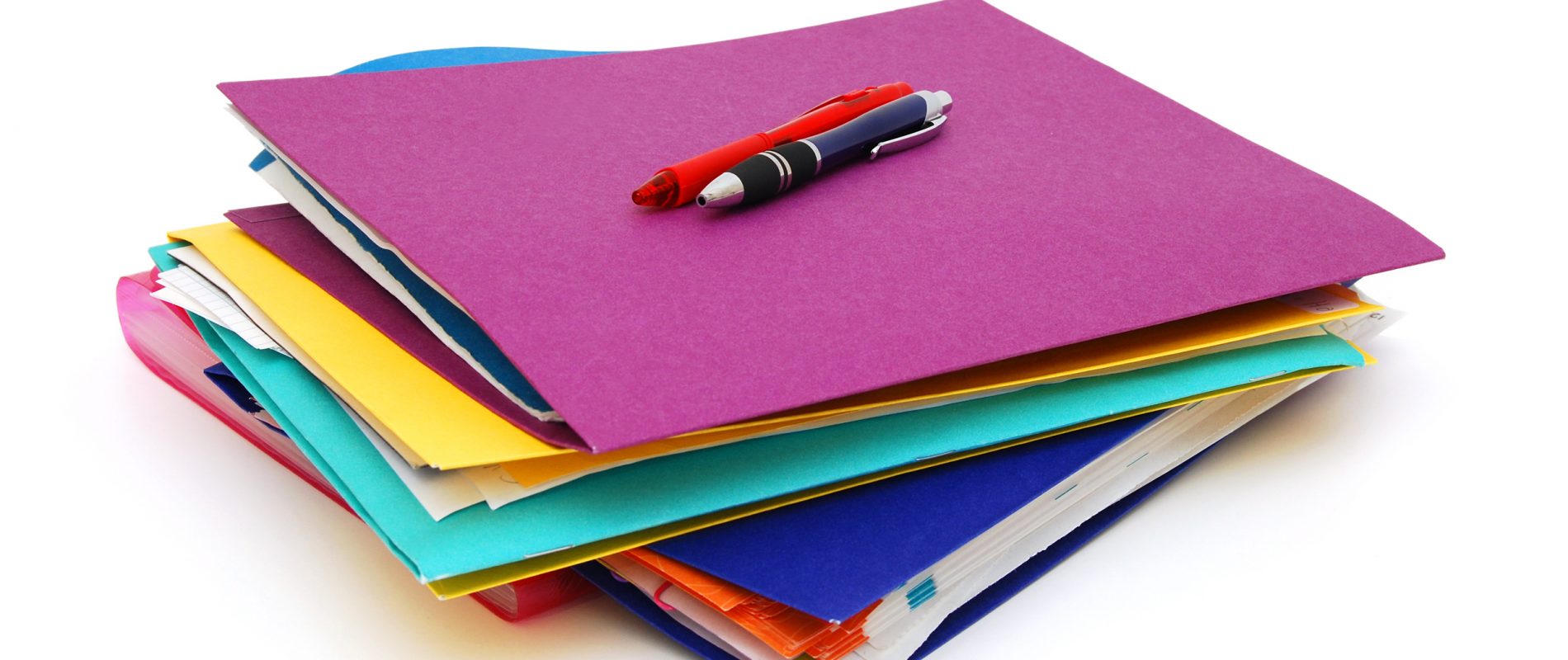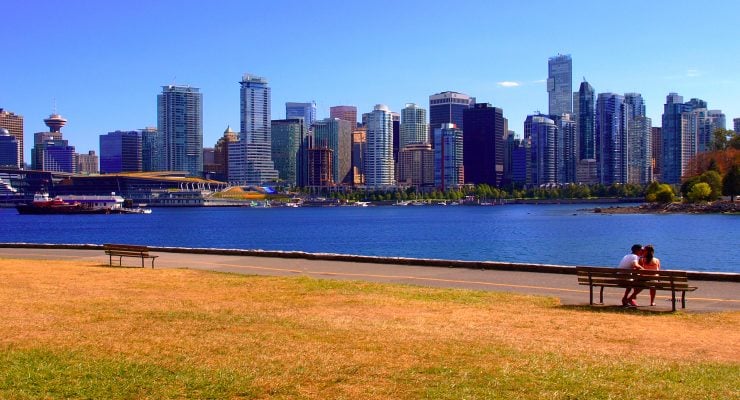Opening a bank account in France
You will need a French bank account to get paid and pay rent. Not all branches are used to deal with newcomers but, generally speaking, as long as you bring the required documents, this step shouldn’t be a major issue.
Each bank offers different checking and savings accounts—review them to find one that meets your needs. Note that a checking account is a “compte courant” or “compte chèque” (i.e. a deposit account available for frequent and immediate access) and the popular “Livret A” or “Livret Jeune” are savings account (i.e. a deposit account held at a retail bank that pays interest but cannot be used directly).
You will need a proof of ID (passport) and a proof of address in France (“justificatif de domicile”), like a recent utility bill, a copy of your lease or an affidavit of residency (a sworn statement from the tenant of the residence where you live along with his/her proof of address). You may also want to bring your Canadian bank statements, and if a French account holder offers to come with you, say yes because it may speed up the process!
Opening a bank account is generally free but banks charge monthly account fees or transaction-based fees. Make sure you pick the option that best suits your needs.
About ten days after opening the account, you will receive two methods of payment: a cheque book (always free in France, and issued by the bank) and a debit card (“carte bancaire”) with annual fees around €15. Unlike in North America, credit cards are very uncommon in France. However, you’ll see a Visa or MasterCard logo on your debit card, which basically means it’s accepted internationally. With your debit card, you can withdraw cash from a “distributeur” or “DAB” (ATM) 24/7. You may be a charged a fee if you withdraw money from an ATM which is not affiliated with your bank, check the terms and conditions of your account.
Some stores require a minimum purchase for debit payment (from €5 to €20).
Here are the main French financial institutions:
- La Banque postale
- Caisse d’épargne
- LCL
- Crédit Agricole (online brand: BforBank)
- BNP Paribas (online brand: Hello Bank)
- Société Générale (online brand: Boursorama)
- Crédit Mutuel
Two additional tips
- Scotiabank (in Canada) and Westpac (in Australia and New Zealand) have a partnership with French bank BNP Paribas. If you use your Westpac or Scotiabank debit or credit card at any BNP Paribas ATM, you won’t be charged a withdrawal fee.
- Business hours in France are typically much shorter than in North America. Most businesses are closed on Sundays (and on Mondays as well, in smaller towns). Even in big cities, 7 p.m. is the usual end of the business day. Supermarkets and malls typically close a bit later, usually around 9 p.m. or 10 p.m.






















(1) Comment
Hi! Is there a need to validate my working holiday visa? I tried to do it on the website, but the reasons listed for my visa were not listed as mine is the WHV and the reasons were for students, temp workers, etc.
{{like.username}}
Loading...
Load more